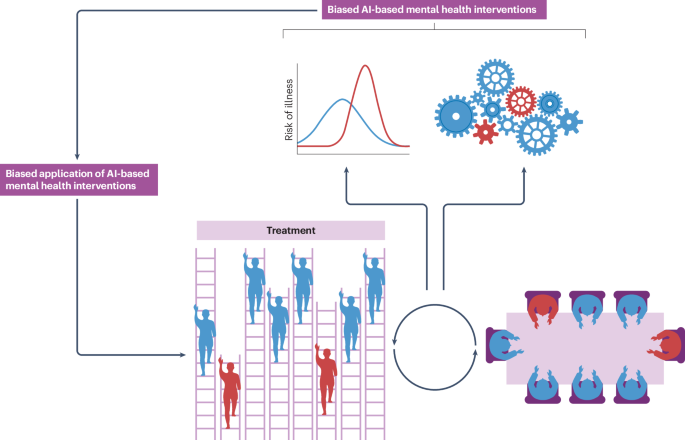Tackling Mental Health Through Policy, Not Just Pills

Dominant approaches to mental health have focused on the individual—framing distress as a result of biology, willpower, or personal coping failures. The field has made only limited forays into understanding the social conditions that shape mental well-being, typically in ways that reinforce societal norms and emphasize reintegrating individuals into the very structures that may be harming them.
In her new paper, Social Determinants of Mental Health: Challenges and Interventions, Mary Christine Wheatley argues that this individualistic approach is deeply inadequate. Published in the Premier Journal of Public Health, her study calls for a shift toward the social determinants of mental health (SDOMH), positioning mental health not as an individual concern but as a product of social, economic, and political conditions.
“The influence of social, economic, and environmental factors—collectively known as social determinants—on mental health is an area of critical importance in public health research. These determinants encompass a wide range of conditions in which individuals are born, grow, work, live, and age, and they are responsible for health inequities across different populations,” she writes.
“Recognizing the role of social determinants is essential not only for mental health professionals but also for policymakers, as it guides the development of more inclusive and effective healthcare strategies.”

link







